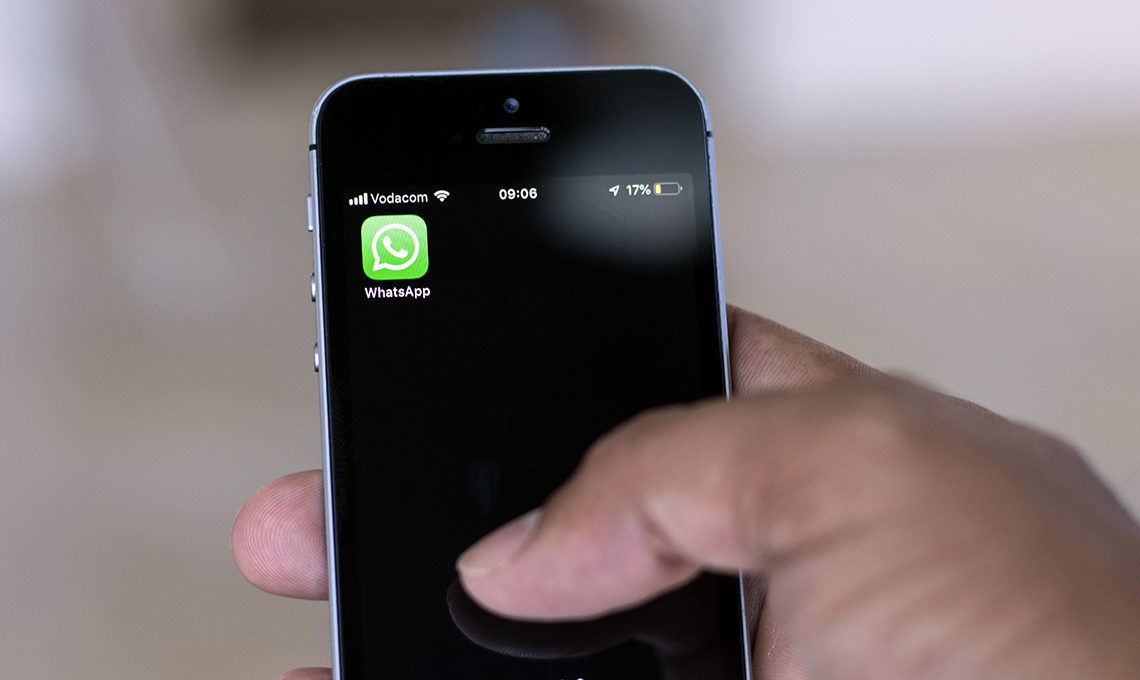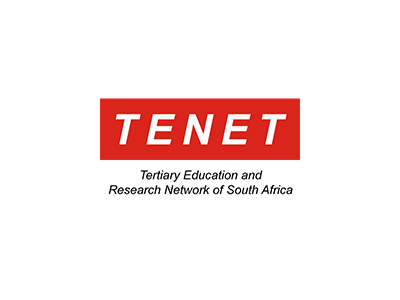
A silver lining to COVID-19 in South Africa
All across the globe, national research and education networks (NRENs) have been challenged by the COVID-19 pandemic, having to go to great lengths to keep researchers and students connected during lockdowns. TENET, South Africa’s NREN, found a silver lining: the switch to working remotely meant innovations and tackling problems from a new direction.
“What we began to do really successfully in 2020 was use WhatsApp groups to communicate with our individual institutions,” says Lynette Wood, Service Support Centre (SSC) manager at TENET.
“We used to struggle to get hold of our contacts at the various sites and this would lead to many delays in remediating problems. Now, we have all the relevant people from a single institution on one WhatsApp group, so everybody is kept up-to-date with any issues, and it makes it easier to get quick responses from a specific site as we can reach out to a few people in one go.”
Working towards a common goal
The South African NREN is built to, and through, its client’s sites. This means that many institutions act as points of presence (PoPs) on the network. This is different from a commercial provider where the PoP is usually in a centrally located data centre. For the network to function properly, each institution needs to take an active interest in making sure the equipment at their site is up and running, not only for themselves but to ensure the flow of data traffic to the next site.
“Fortunately, this system works because there is a recognition in higher education and research that all are working together towards a common goal. Still, communication is critical in order to quickly address any anomalies,” explains Lynette Wood.
Always keep the client in the loop
One of the primary tasks of the TENET SSC is to monitor the network and respond to any problems that arise, liaising between its clients and service providers to ensure the network remains reliable and outages are kept to a minimum.
During the COVID-19 lockdowns that were initiated in March 2020, these efforts have been especially vital since a large proportion of the NREN workforce and the researchers and students have been working remotely.
“We are in near constant communication with our clients, and the WhatsApp groups have gone a long way to strengthening these relationships and building a sense of camaraderie,” says Wood. “The support team knows that when there is an issue, they need to make sure our client is always in the loop. In doing so, we are relaying the message that we care, and that we are there for them.”
Image credit: Rowan Patrick Photos / Shutterstock.com
For more information please contact our contributor(s):

